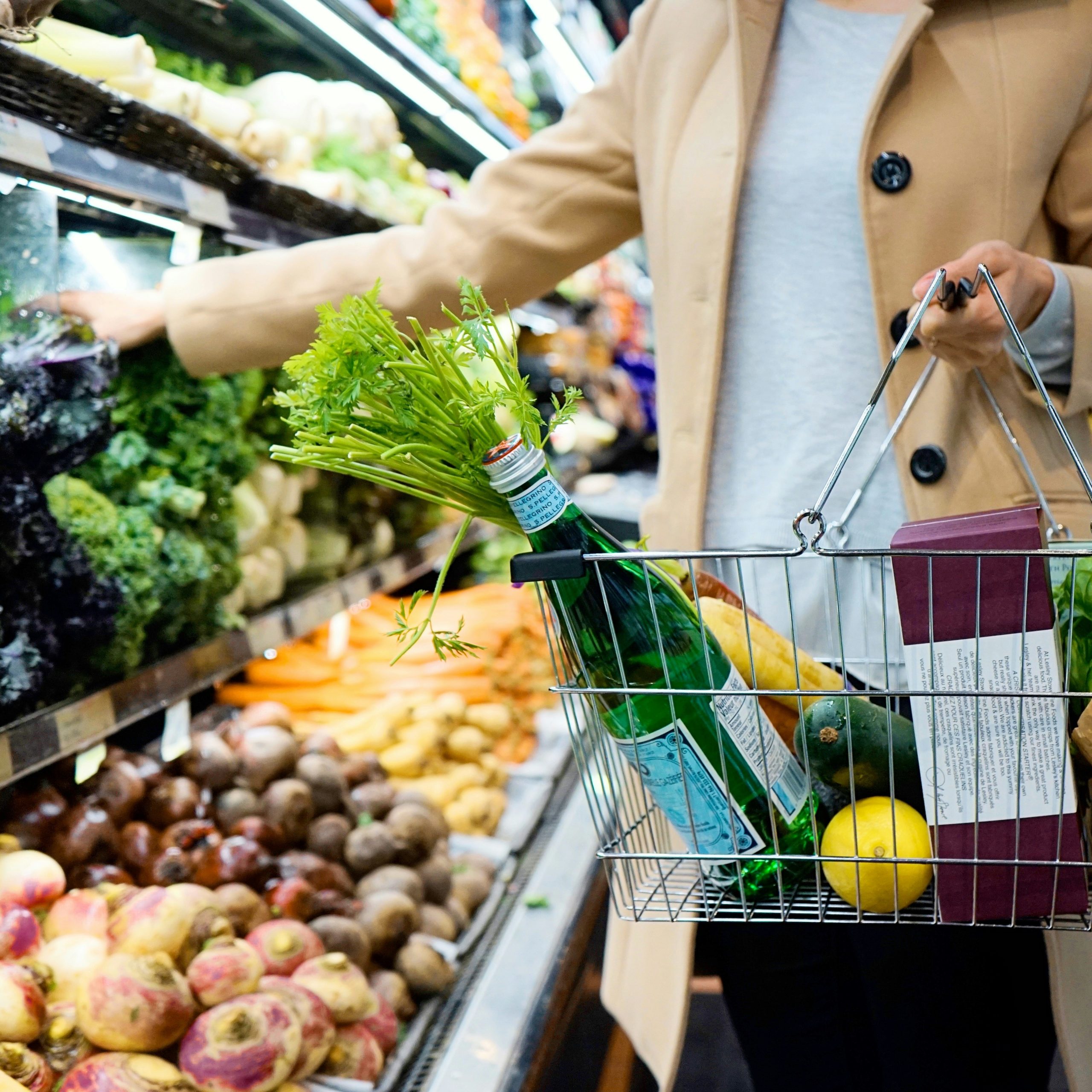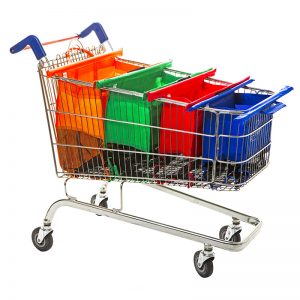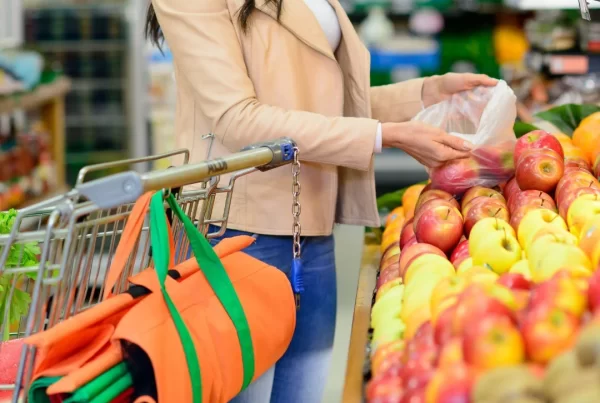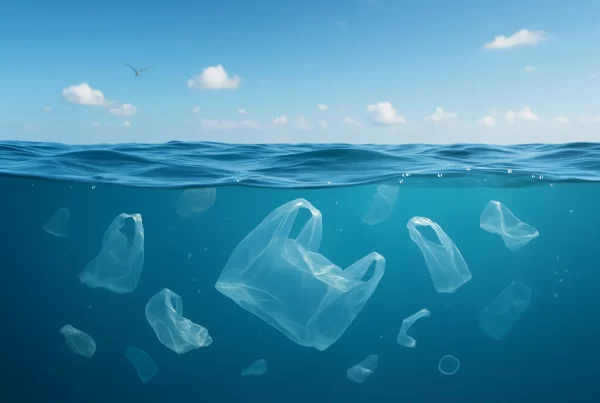Reusable Bags vs. Plastic: The Real Cost Over Time
At first glance, plastic shopping bags seem cheap and convenient — often given away for just a few pence at checkout. But when you look a little closer, their true cost over time is far greater than it appears. From environmental damage to hidden expenses for consumers, plastic bags are far from the “easy option.”
The Hidden Cost of Plastic Bags
Plastic bags are typically used for an average of just 12 minutes, source world counts, yet they can take over 500 years to decompose. Millions end up in landfills or the ocean every year, polluting waterways and harming wildlife. Governments around the world have recognised this growing issue — introducing plastic bag charges and bans to encourage reusable alternatives.
In the UK, the 10p charge has helped reduce single-use plastic bag sales by more than 95% in major supermarkets. But while this is great progress, it also shows how dependent we were on disposable habits.
The Smart Switch: Reusable Bags
Reusable bags, like Trolley bags are designed to last for years — not minutes. Made from durable materials, they can withstand hundreds of shopping trips without losing strength or shape. Even if you only use them once a week, a set of Trolley Bags could replace hundreds of plastic bags each year.
Over time, the savings add up too. Spending a few pounds on a reusable system saves money on repeated plastic charges — and more importantly, it cuts down on waste.
The Environmental Payback
While reusable bags require slightly more resources to produce, they quickly offset their environmental footprint. Studies show that after just 10–20 uses, a reusable bag has a smaller overall impact than a single-use plastic bag — and the gap widens with every trip to the supermarket.
Reusable bags also encourage more organised, efficient shopping. Trolley Bags, for instance, help pack your groceries faster and reduce the need for extra bags altogether.
The Real Bottom Line
Switching to reusable bags vs plastic isn’t just a lifestyle choice — it’s a small change with a big impact. Over time, it saves money, reduces waste, and helps protect the planet for future generations.
Because when it comes to shopping smarter, the most affordable option is the one you can use again and again.







